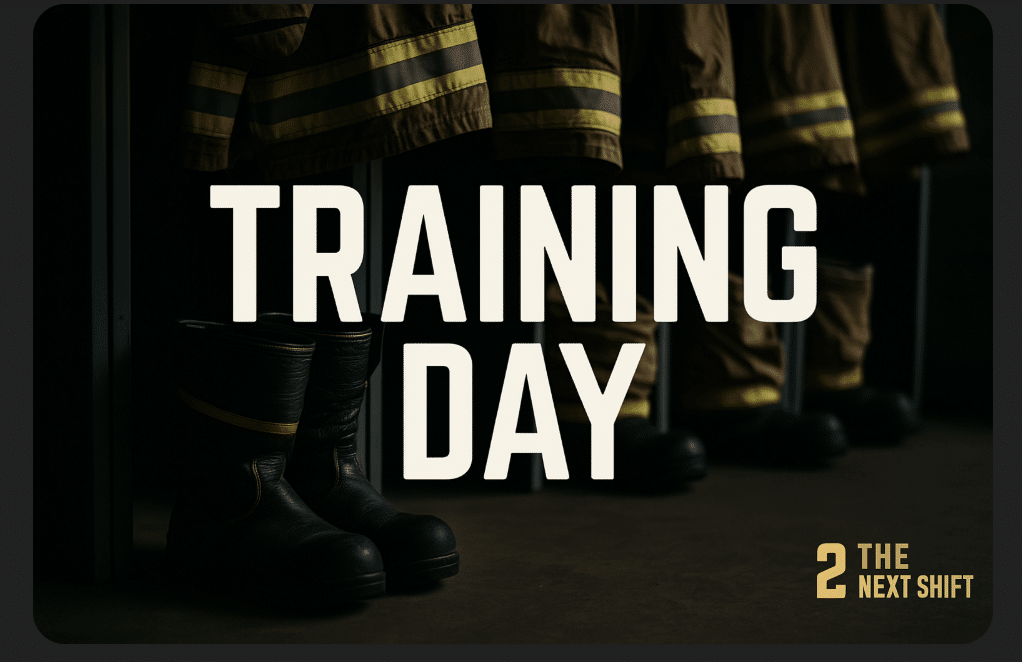Welcome to “The House”

You survived the academy. You earned the badge. Now comes the real test: stepping into your new family.
Every shift has its own rhythm. Its own language. Its own culture. And if you think your training was the hard part, think again. Life is real and knowing how “the house” works can be tricky.
Because entering a house or any first responder station isn’t just about doing the job. It’s about becoming part of a team that eats together, laughs together, fights together, and sometimes grieves together.
This place will become your second home. The people can become your second family. But just like any family, you’ve got to learn how to fit in without losing yourself.
Learn the Culture Before You Try to Change It
First thing you need to know: every house has traditions. Some are lighthearted—inside jokes, assigned seats, routiness concerning meals. Others are serious—like how gear gets checked or how seniority is respected.
You’re not walking into a blank slate. You’re stepping into a long-standing ecosystem.
So before you try to shake things up, observe. Watch how people interact. Notice the unspoken rules. Pay attention to how the veterans operate, how decisions get made, how trust is built.
Respect the culture even if you don’t fully understand it yet.
Speak Less. Listen More.
When you’re the new person, your job isn’t to impress anyone. Your job is to learn.
You don’t need to have all the answers. You don’t need to prove you’re the smartest in the room. What you need is to listen, ask thoughtful questions, and accept correction without defensiveness.
Listening isn’t passive. It’s powerful. And in this world, your ability to listen on calls, in meetings, around the kitchen table will shape how quickly people learn to trust you.
Humility Gets You Further Than Hype
Nobody cares what you scored on your fitness test, who you are related to or how many certifications you’ve got pinned to your resume.
They care if you’ll take the trash out without being asked. If you’ll scrub the rig without complaint. If you’ll help clean the kitchen even if you didn’t make the mess.
Why? Because humility is the fastest path to respect.
And when people see that you’re willing to pitch in, no matter how small the task, they’ll start including you in the bigger stuff. The trust, the knowledge, the camaraderie… it all starts with how you carry yourself.
It’s Not a Competition. It’s a Brotherhood.
In some places, the pressure to prove yourself turns into a game of one-upmanship. Don’t fall for it.
This isn’t a reality show. It’s not about being the strongest, loudest, or most fearless. It’s about showing up consistently, pulling your weight, and watching out for your partner and team.
Real strength is helping a teammate who’s struggling. Real leadership is staying calm when tensions rise. Real character is owning your mistakes and learning from them.
Your presence should bring stability, not ego.
Prepare for the Good, the Bad, and the Bizarre
Life in the station is unpredictable. Some days, it’s all laughs, shared meals, and downtime between calls. Other days, it’s non-stop chaos, grief, and stress that seeps into every corner of the house. That’s why having a therapist from DAY 1 is so imperative.
You’ll experience jokes that lighten the mood and silences that weigh heavy.
You’ll learn to read the room. When to join in. When to back off. When to crack a joke, and when to sit in the stillness.
Being accepted as a part of the crew is a big deal and handling it with respect is a bigger responsibility.
Don’t Just Be in the Room—Belong
It takes time to feel like part of the team. That’s normal and we all go through that process.
But every act of service, every show of humility, every moment you back your crew without hesitation, those are the bricks that build belonging.
Eventually, someone will tell you a story. Or ask for your opinion. And in that moment, you’ll know: you’re not just on shift. You’re part of something.
Up Next: “Ego, Energy, and Ears: Learning to Listen in a Loud Job”
We’ll get into the power of humility, emotional control, and how to truly hear what’s going on—on the call, and within yourself.






Responses